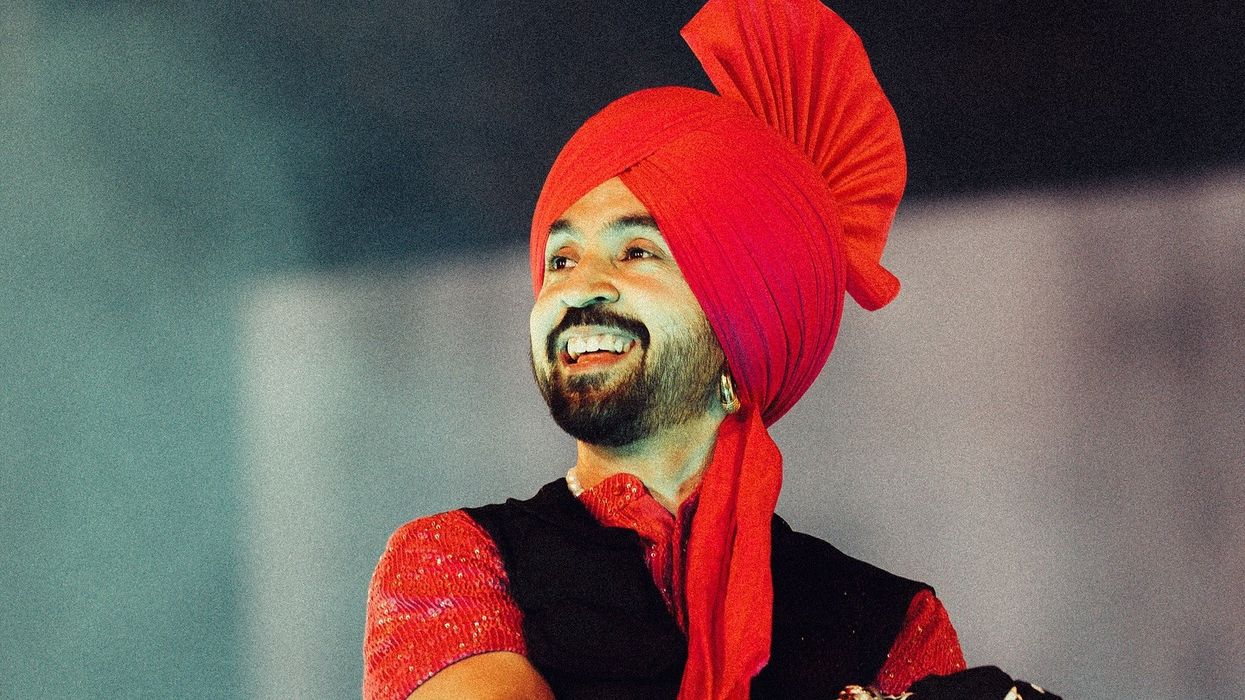INDIA says they want to host the 2036 Olympics in what is seen as an attempt by Narendra Modi to cement his legacy, but the country faces numerous challenges to stage the biggest sporting show on earth.
The prime minister says holding the Games in a nation where cricket is the only sport that really matters is the “dream and aspiration” of 1.4 billion people.
But experts say it is more about Modi’s personal ambitions and leaving his mark on the world stage, while also sending a message about India’s political and economic rise.
Modi, who is also pushing for a permanent seat on the UN Security Council, will be 86 in 2036.
“Hosting the Olympics will, in a way, burnish India’s credentials as a global power,” said academic Ronojoy Sen, author of Nation at Play: A history of sport in India.
“The current government wants to showcase India’s rise and its place on the global high table, and hosting the Olympic Games is one way to do it.”
Already the most populous nation, India is on track to become the world’s third biggest economy long before the planned Olympic Games.
The country submitted a formal letter of intent to the International Olympic Committee (IOC) in October, but have not said where the Games will be held.
Local media are tipping the city of Ahmedabad in Modi’s home state of Gujarat, where temperatures surge above 50ºC (122ºF) in summer.
The 2010 Commonwealth Games in Delhi was marred by claims of corruption and sub-standard infrastructureGujarat has already floated a company, the Gujarat Olympic Planning and Infrastructure Corporation, with a $710 million (£565.7m) budget.
Ahmedabad has about six million people, its heart boasting a Unesco listed 15thcentury wall which sprawls out into a rapidly growing metropolis. The city is home to a 130,000seater arena, the world’s biggest cricket stadium, named after Modi. It staged the 2023 Cricket World Cup final.
It is also the headquarters of the Adani Group conglomerate, headed by billionaire tycoon and Modi’s close friend, Gautam Adani.
Adani was the principal sponsor for the Indian team at this summer’s Paris Olympics, where the country won one silver and five bronze medals.
Despite its vast population, India’s record at the Olympics is poor for a country of its size, winning only 10 gold medals in its history.
Sports lawyer Nandan Kamath said hosting an Olympics was an “unprecedented window of opportunity” to strengthen Indian sport.
“I’d like to see the Olympics as a twoweeklong wedding event,” Kamath said.
“A wedding is a gateway to a marriage. The work you do before the event, and all that follows, solidifies the relationship.”
Outside cricket, which will be played at the Los Angeles Games in 2028, Indian strengths traditionally include hockey and wrestling.
New Delhi is reported to be pushing for the inclusion at the Olympics of Indian sports including kabaddi and kho kho – both are tag team sports – and yoga.
Retired tennis pro Manisha Malhotra, a former Olympian and now a talent scout, agrees that global sporting events could boost grassroots sports but worries India might deploy a “topdown” approach.
“Big money will come in for the elite athletes, the 2036 medal hopefuls, but it will probably end at that,” said Malhotra, president of the privately funded training centre, the Inspire Institute of Sport.
Veteran sports journalist Sharda Ugra said India’s underwhelming sports record – apart from cricket – was “because of its governance structure, sporting administrations and paucity of events”.
“So then, is it viable for us to be building large stadiums just because we are going to be holding the Olympic Games? The answer is definitely no,” she said.
The Indian Olympic Association is split between two rival factions, with its president PT Usha admitting to “internal challenges” to any bid.
After Los Angeles, Brisbane will stage the 2032 Games. The United States and Australia both have deep experience of hosting major sporting events, including previous Olympics.
India have staged World Cups for cricket and the Asian Games twice, the last time in 1982, but have never had an event the size of an Olympics.
Many are sceptical they can successfully pull it off.
The 2010 Commonwealth Games in New Delhi were marked by construction delays, substandard infrastructure and accusations of corruption. Many venues today are in a poor state.
“India will need serious repairing of its poor reputation on punctuality and cleanliness,” the Indian Express daily wrote in an editorial.
“While stadium aesthetics look pretty in PowerPoint presentations and 3D printing, leaking roofs or subpar sustainability goals in construction won’t help in India making the cut.”



















Ten million stories of migration to Britain